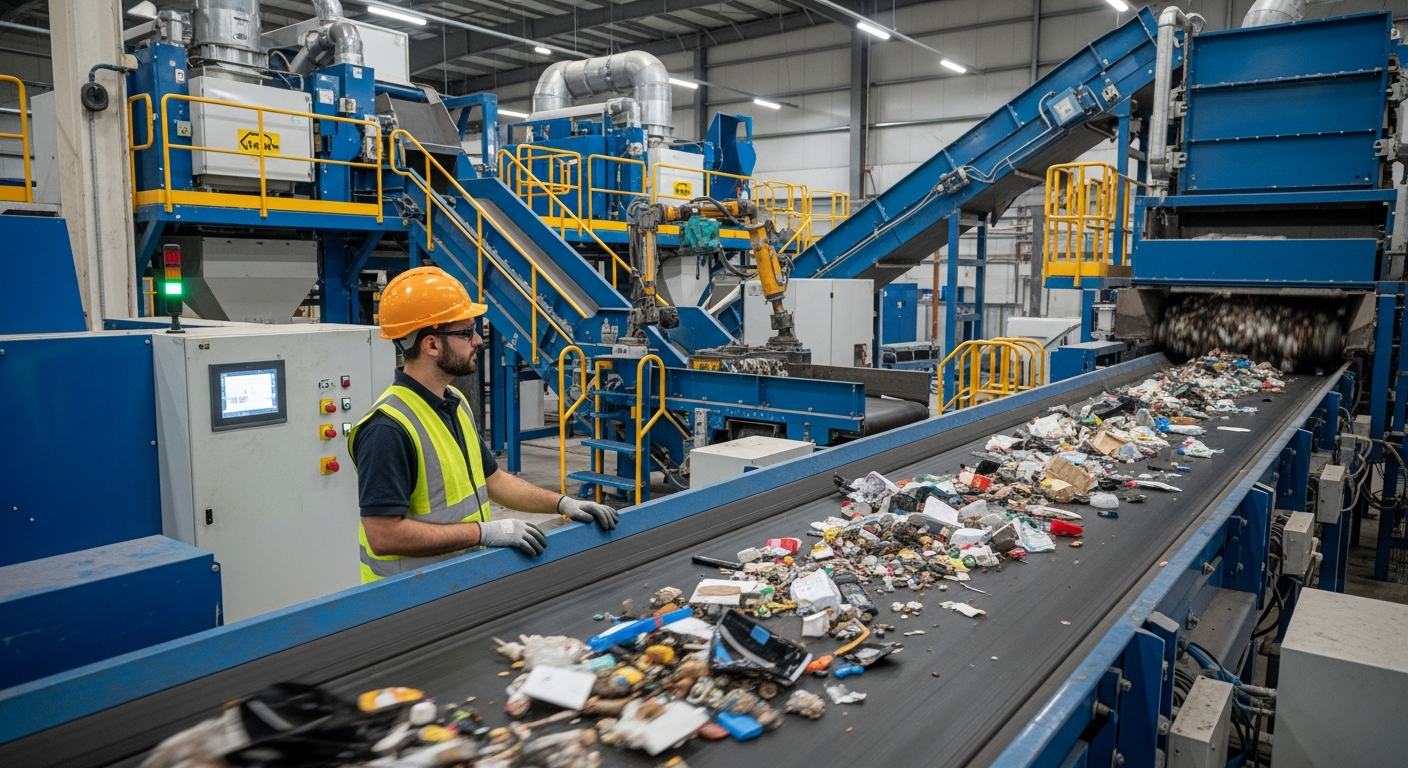Microcredentials: Reshaping Career Advancement in the Digital Age
The landscape of professional development is undergoing a seismic shift. As traditional degrees face scrutiny over their return on investment, a new player has entered the arena: microcredentials. These bite-sized qualifications are revolutionizing how professionals acquire and showcase their skills, offering a nimble alternative to lengthy degree programs. But what exactly are microcredentials, and how are they transforming career trajectories in our rapidly evolving job market?

The concept isn’t entirely new—professional certifications have existed for decades. However, the digital revolution has supercharged their potential. Online platforms now offer a vast array of courses, from data analytics to project management, allowing learners to acquire cutting-edge skills on demand.
Addressing the Skills Mismatch in Today’s Job Market
One of the most significant challenges facing the modern workforce is the widening skills gap. As technology evolves at breakneck speed, many workers find their skills becoming obsolete. Microcredentials offer a solution by providing targeted, up-to-date training in specific areas of expertise.
For employers, microcredentials serve as a reliable indicator of a candidate’s proficiency in particular skills. This granularity allows for more precise talent matching, potentially reducing hiring mistakes and improving job satisfaction.
The Psychology of Micro-Learning: Why It Works
The appeal of microcredentials goes beyond their convenience. Research in cognitive psychology suggests that shorter, more focused learning experiences can lead to better retention and application of knowledge. This aligns with the principles of spaced repetition and active recall, both proven methods for enhancing long-term memory.
Moreover, the immediate sense of achievement from completing a microcredential can boost motivation and encourage continued learning. This positive reinforcement cycle is particularly effective in adult education, where learners often juggle multiple responsibilities.
Integrating Microcredentials into Career Development Strategies
For career strategists and job seekers alike, microcredentials offer a powerful tool for professional growth. They allow for the creation of a customized skill set, tailored to specific career goals or industry demands. This flexibility is invaluable in an era where career paths are increasingly non-linear.
To leverage microcredentials effectively, professionals should:
-
Identify skill gaps in their desired field
-
Research reputable providers offering relevant microcredentials
-
Create a learning plan that aligns with their career objectives
-
Actively apply new skills in their current role or through side projects
-
Showcase earned credentials on resumes and professional profiles
The Future of Education: Microcredentials and Traditional Degrees
As microcredentials gain traction, questions arise about their relationship with traditional education. Rather than replacing degrees, microcredentials are likely to complement them, offering a way to stay current between formal educational milestones.
Some universities are already incorporating microcredentials into their curricula, allowing students to earn stackable credits that can contribute to a full degree. This hybrid model combines the depth of traditional education with the agility of microcredentials, potentially offering the best of both worlds.
Challenges and Considerations in the Microcredential Ecosystem
While the potential of microcredentials is enormous, the field is not without its challenges. Quality control and standardization remain significant concerns. With numerous providers entering the market, ensuring consistent value across different platforms can be difficult.
Additionally, there’s the risk of credential inflation, where the proliferation of microcredentials could lead to diminishing returns. Employers and job seekers must navigate this landscape carefully, focusing on credentials that truly signify valuable skills.
Conclusion: Embracing the Microcredential Revolution
As we look to the future of career development and education, microcredentials stand out as a pivotal innovation. They offer a flexible, accessible way to acquire new skills and demonstrate expertise in a rapidly changing job market. While challenges remain, the potential benefits for learners, employers, and the broader economy are substantial.
By embracing microcredentials as part of a comprehensive approach to lifelong learning, professionals can stay agile and relevant in their careers. As the concept continues to evolve, it promises to play an increasingly important role in shaping the workforce of tomorrow, creating more diverse and dynamic pathways to success in the digital age.






